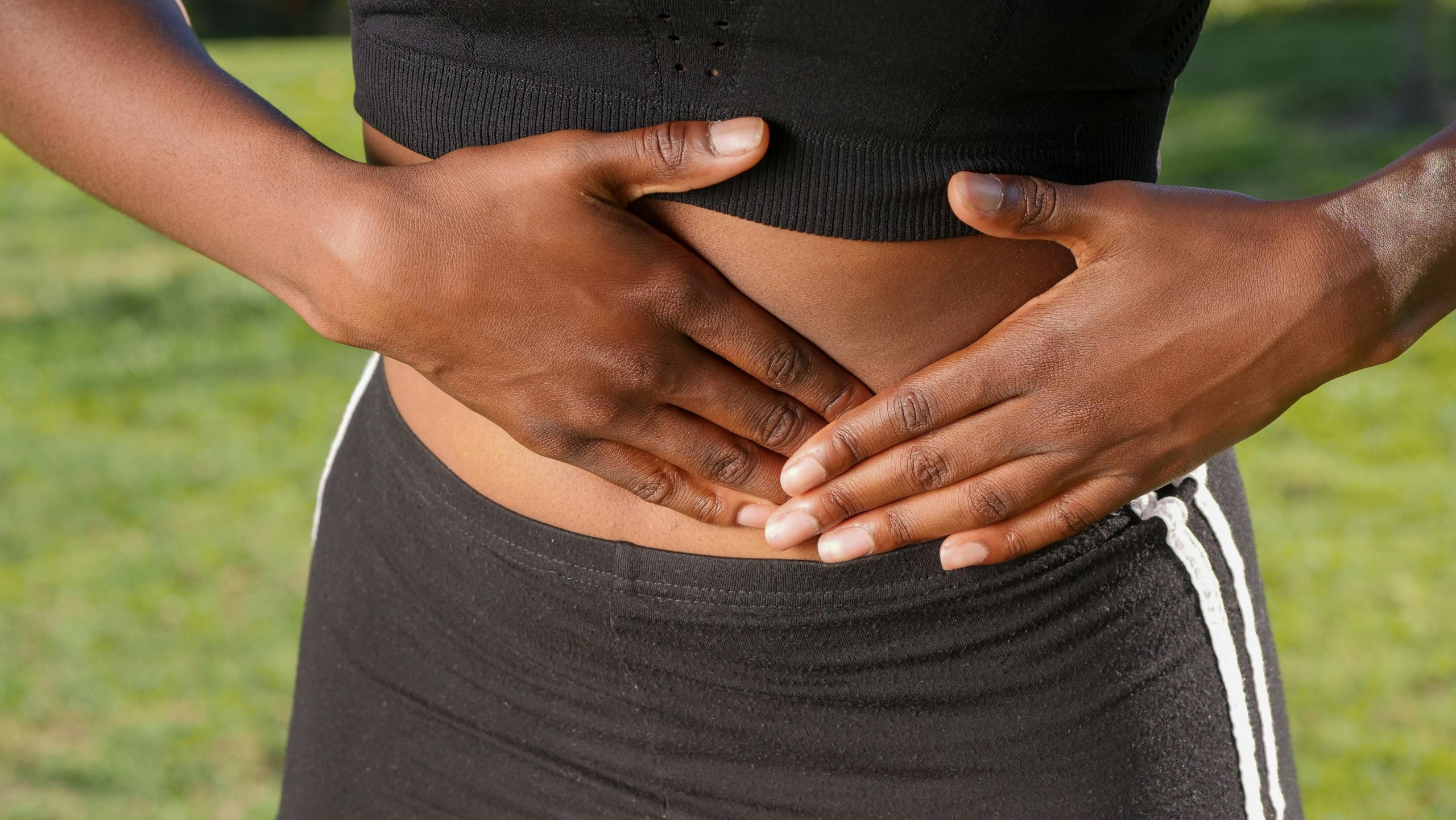Urinary tract infections (UTIs) are incredibly common, especially among women. While these infections can be uncomfortable and frustrating, the good news is that they are usually treatable—and often with fast results. But how do you know if the infection is actually going away?
Understanding the signs that your UTI is improving can bring peace of mind and help you stay on the right path toward full recovery. In this article, we’ll walk you through the clearest signs your UTI is going away and what to expect during the healing process.
- What Is a UTI, and Why Does It Affect Women More?
- How Long Does It Take for a UTI to Go Away?
- Signs Your UTI Is Going Away
- What About Pain in the Lower Abdomen or Back?
- Other Positive Signs to Watch For
- How to Support Your Recovery From a UTI
- When to Call Your Doctor
- What If You’re Treating a UTI Naturally?
- Can Symptoms Disappear But the Infection Still Be There?
- Final Thoughts: Trust the Signs, But Be Cautious
What Is a UTI, and Why Does It Affect Women More?

A urinary tract infection occurs when bacteria—most commonly E. coli—enter the urinary tract and begin to multiply. The infection can affect any part of the urinary system, including the bladder (cystitis), urethra (urethritis), or kidneys (pyelonephritis).
Women are more prone to UTIs due to their shorter urethras, which make it easier for bacteria to reach the bladder. Sexual activity, hormonal changes, and certain birth control methods can also increase the risk.
How Long Does It Take for a UTI to Go Away?
Before diving into the signs of improvement, it’s helpful to understand how long it typically takes to recover from a UTI.
- Mild bladder infections: Usually improve within 1–3 days after starting antibiotics.
- More severe infections: May take 7–10 days for full symptom relief.
- Without antibiotics: UTIs can linger and worsen, especially if untreated.
Recovery time can vary depending on your general health, the type of bacteria, and how early the treatment began. If you’re eager to learn how to get rid of a UTI fast, the key is starting treatment early and following it closely.
Signs Your UTI Is Going Away
If you’ve started treatment or made natural changes to help your body heal, here are the positive signs your UTI may be clearing up:
1. Burning Sensation While Urinating Begins to Ease
The painful, stinging sensation when you pee is often the most noticeable symptom of a UTI. One of the first signs of recovery is feeling less pain or burning during urination. If it’s no longer as intense or completely gone, that’s a good indicator of healing.
2. Frequent Urge to Urinate Decreases
When a UTI is active, the constant urge to pee—even if your bladder is nearly empty—can be exhausting. As the infection begins to resolve, you’ll find that:
- The urgency happens less often
- You can go longer between bathroom trips
- Your bladder feels like it empties more fully
3. Urine Looks and Smells More Normal
UTIs can cause your urine to appear cloudy, dark, or even have a strong odor. Signs of improvement include:
- Clearer urine color
- Less or no odor
- No visible blood
If your urine is returning to its usual appearance, that’s a strong signal that your body is recovering.
What About Pain in the Lower Abdomen or Back?
Discomfort in the lower abdomen or lower back can be associated with bladder infections or even early-stage kidney involvement. If you’ve been feeling cramping or pressure in these areas, a reduction in that pain may suggest that the infection is clearing.
However, if back pain becomes severe or is accompanied by fever, nausea, or chills, you may be developing a kidney infection and should seek medical attention.
Other Positive Signs to Watch For
Beyond the primary symptoms, here are some additional signs your body is fighting off the infection:
- Energy levels are improving: Fatigue is common during an infection. As your energy returns, it means your immune system is no longer under as much stress.
- No fever or chills: If you had a mild fever or body chills and those symptoms have disappeared, your body is likely overcoming the infection.
- Improved mood and comfort: The discomfort of a UTI can impact your mood and concentration. Feeling more like yourself again is another sign of healing.
How to Support Your Recovery From a UTI

Even when symptoms are improving, it’s important to support your body until the infection is completely gone. Here’s what you can do:
Take All Prescribed Antibiotics
Even if you start to feel better in just a day or two, finish the entire course of antibiotics. Stopping early can cause the infection to return—sometimes stronger.
Stay Hydrated
Water helps flush bacteria out of your urinary tract. Aim for at least 8–10 glasses of water a day unless otherwise directed by your doctor.
Avoid Bladder Irritants
Skip caffeine, alcohol, spicy foods, and artificial sweeteners while healing. These can irritate your bladder and prolong discomfort.
Practice Good Bathroom Habits
- Wipe front to back
- Urinate after sex
- Don’t hold in your urine too long
These practices can help prevent recurrence and support healing.
When to Call Your Doctor
Improvement is a good sign, but you should still stay alert for warning signals that your UTI is not going away—or getting worse.
Contact your doctor if:
- Symptoms return after a few days of relief
- Pain or burning suddenly intensifies
- You develop a high fever or chills
- Nausea or vomiting begins
- You see blood in your urine consistently
In these cases, your infection may require a different antibiotic or further testing.
What If You’re Treating a UTI Naturally?
Some women choose to treat mild UTIs at home, especially in the early stages. If you’re using natural remedies like cranberry supplements, D-mannose, probiotics, or increasing fluid intake, look for these signs of improvement:
- Reduced urinary urgency
- Less pressure or pain
- No progression of symptoms
- Normal-looking urine
Keep in mind: if symptoms do not improve within 24–48 hours—or worsen—it’s best to consult your healthcare provider for proper testing and treatment.
Can Symptoms Disappear But the Infection Still Be There?
Yes, in some cases, symptoms may fade before the bacteria are fully cleared. This can happen if:
- You stop antibiotics early
- The infection was only partially treated
- Your immune system is suppressing symptoms but not eradicating the infection
That’s why completing treatment and staying in touch with your doctor is essential—even if you feel fine.
Final Thoughts: Trust the Signs, But Be Cautious
Knowing the signs your UTI is going away can give you peace of mind and help you track your recovery. Decreased pain, clearer urine, and fewer trips to the bathroom are all encouraging signs.
However, always listen to your body. If something doesn’t feel right, or symptoms return, don’t hesitate to reach out to your healthcare provider. With the right care and attention, you can fully recover—and take steps to prevent future infections.


